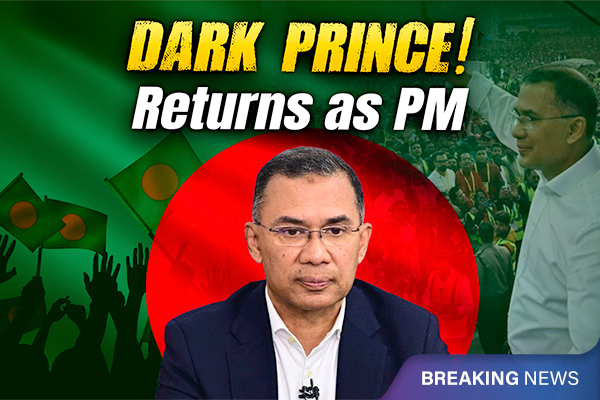Lok Sabha Election: PM Modi Declares Assets Worth Rs. 3.02 Crore
PM Modi, Rahul Gandhi, Kangana Ranaut, and others fulfilled the Representation of Peoples Act, 1951, by declaring their details during nomination.
With Lok Sabha elections underway, candidates are fulfilling legal requirements by declaring their assets and liabilities, shedding light on the considerable wealth disparities among political figures in India.
Under the Lokpal Act 2013 and the Representation of Peoples Act 1951, candidates, including public servants and common citizens, must disclose their financial details, criminal records (if any), and educational qualifications at the time of candidacy nomination.
Prime Minister Narendra Modi, contesting from Varanasi, Uttar Pradesh, for his third term, declared assets worth ?3.02 crore, showing a substantial increase from previous declarations. His assets include fixed deposits, gold, and National Savings Certificates, with no immovable assets or outstanding liabilities. PM Modi's spouse, Jashodaben, had assets marked as 'Not known' in the affidavit.
Bollywood actress Kangana Ranaut, standing from Mandi, Himachal Pradesh, reported assets totaling ?91 crore, including cash, investments, luxury cars, gold, and silver. However, she also disclosed liabilities exceeding ?17.38 crore and noted eight FIRs against her.
Congress leader Rahul Gandhi, running from Raebareli, Uttar Pradesh, declared assets worth ?20.34 crore, predominantly in agricultural land and commercial properties, with liabilities around ?49.7 lakh.
Other prominent candidates include BJP's Madhavi Latha from Hyderabad, with assets worth ?221 crore and one criminal case, and Asaduddin Owaisi, Hyderabad's sitting MP, declaring assets valued at ?23.87 crore and facing five pending legal cases. Former diplomat and Congress leader Shashi Tharoor reported assets exceeding ?55 crores and no liabilities.
However, disparities also extend to Rajya Sabha members, with Sonia Gandhi, Ashok Chavan, and Jaya Bachchan disclosing substantial assets, showcasing the wealth concentrations within political elites.
The stark contrast between candidates' assets raises questions about economic representation in politics. Calls for legislation imposing maximum and minimum asset thresholds for candidates have emerged, aiming to ensure equitable representation and curb the influence of wealth in elections.
As voters navigate through the electoral process, transparency in asset declarations remains crucial for fostering accountability and promoting fair and inclusive governance.
Share your thoughts: Should there be laws regulating candidates' assets for a more equitable electoral landscape? Let us know in the comments!







